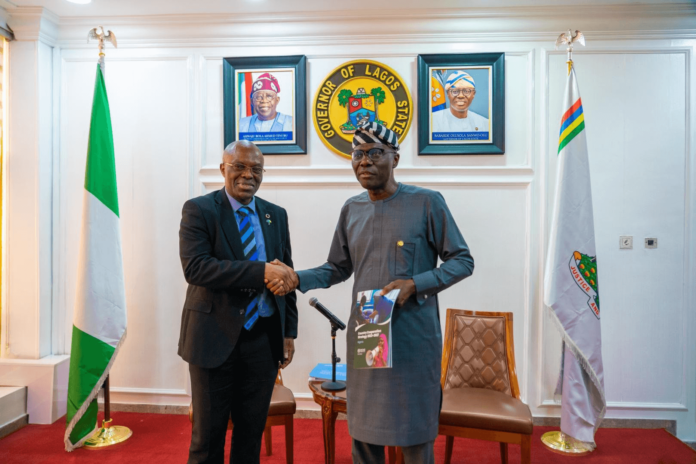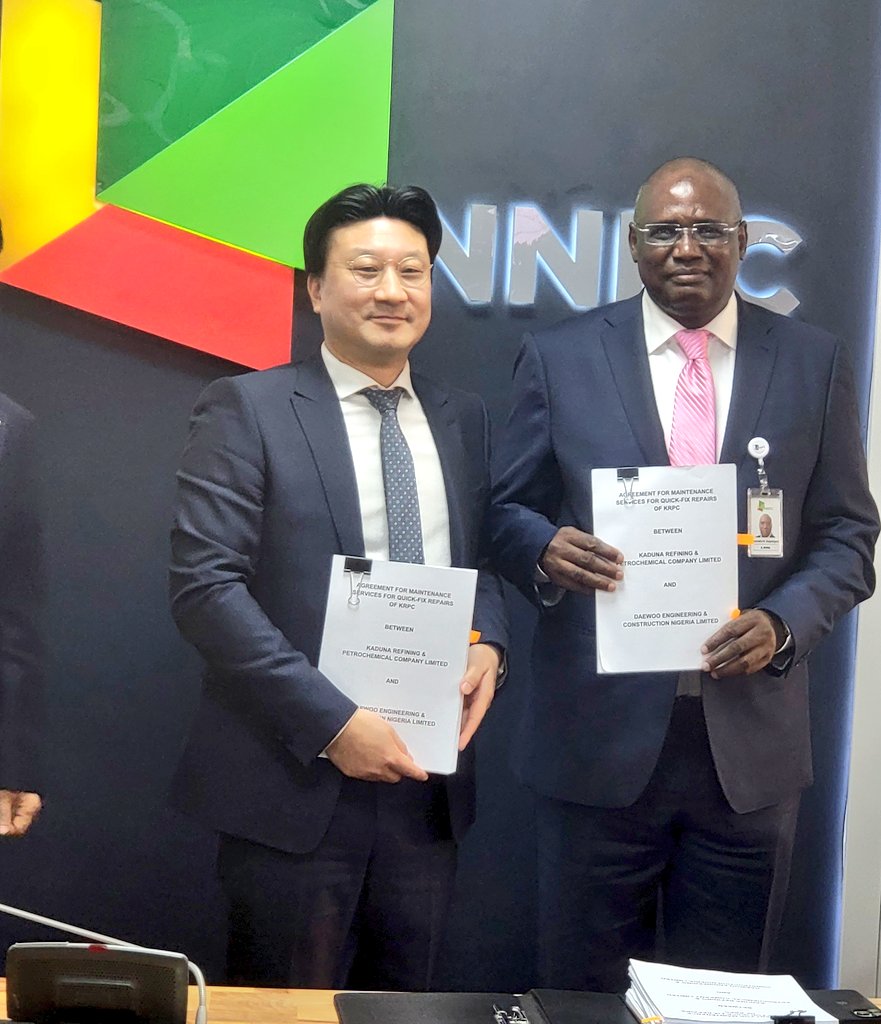The World Health Organization (WHO) has reaffirmed its commitment to aiding the Lagos State Government in its efforts to enhance healthcare quality across the state. The pledge was made by WHO Country Representative, Dr. Walter Mulombo, during a courtesy visit to Governor Babajide Sanwo-Olu of Lagos State.
In a statement posted on the WHO’s website and cited by our correspondent on Tuesday, Dr. Mulombo highlighted the organization’s decision to collaborate with Lagos State, following Sanwo-Olu’s expressed dedication to improving healthcare services during a previous meeting at Chatham House in London.
“Counting on Mr. Sanwo-Olu’s leadership, WHO is willing to partner with the Lagos State Government to strengthen human resources for health. By building a skilled and responsive health workforce, Nigeria can improve health outcomes and reinforce the overall health system in Lagos,” Mulombo stated.
He also praised Lagos State for leading the way in health insurance, having surpassed the target of one million enrollees per state and contributing over 10% of Nigeria’s GDP. Additionally, the state has been successful in attracting medical practitioners from the diaspora, a trend likened to India’s medical tourism success.
Highlighting the governor’s ongoing primary healthcare reforms, Mulombo revealed that WHO would pilot its global framework for strengthening healthcare emergencies in urban areas within Lagos State. He emphasized the importance of escalating the response to the current cholera outbreak in Lagos to prevent further spread and fatalities.
“The health of the population is intrinsically linked to the environment,” Mulombo noted. “We must adopt strategies that address both health and ecological challenges to achieve sustainable development.”
In response, Governor Sanwo-Olu expressed his administration’s strong support for the WHO framework and its implementation in Lagos. He also extended his gratitude for WHO’s ongoing support, particularly in addressing the cholera outbreak and other public health challenges.
“We are grateful for WHO’s partnership and support in our fight against cholera and other health challenges,” Sanwo-Olu said. “Our administration is dedicated to creating a healthier Lagos by investing in health infrastructure, promoting environmental sanitation, and ensuring access to clean water.”
Sanwo-Olu also emphasized the importance of collaboration in achieving health objectives, recognizing WHO’s support as invaluable. He affirmed that the partnership between WHO and Lagos State is a crucial step toward advancing health emergency preparedness in urban settings.
The initiatives under this partnership will include capacity building for health workers, enhancing disease surveillance systems, and implementing community-based health interventions, all aimed at creating a more resilient and healthy Lagos.
By Ebubedike Ochu




